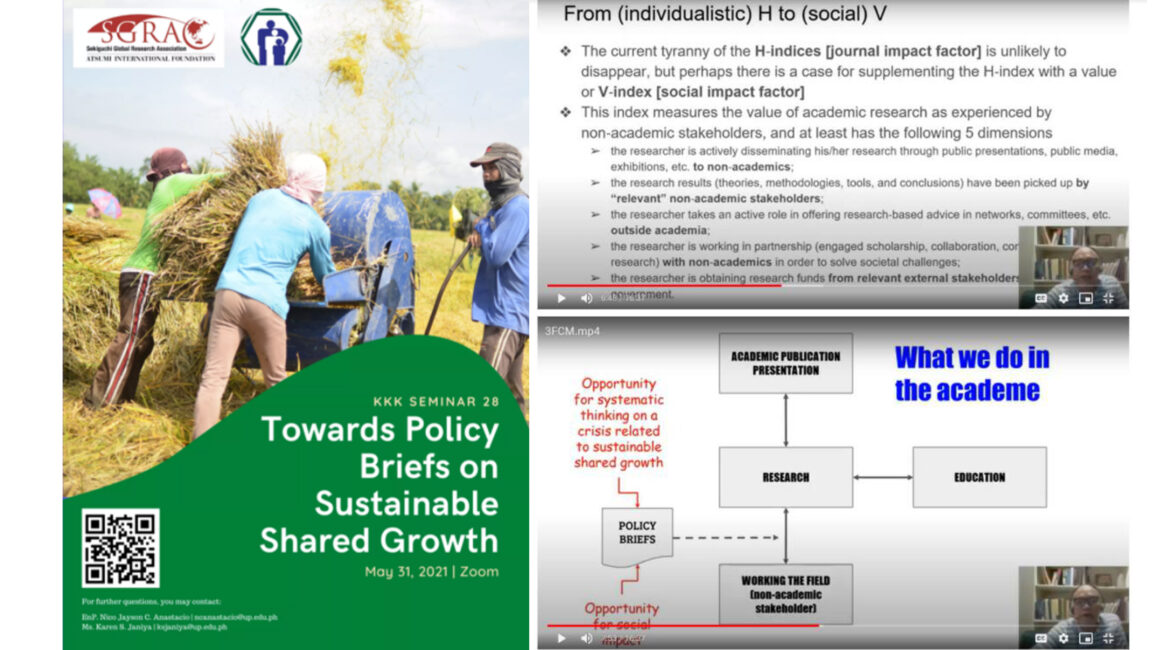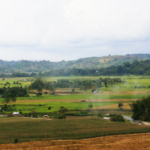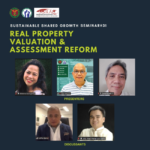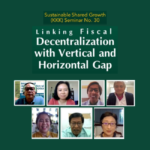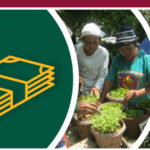“Do we care about the Societal Impact of our research?” was the title of a 2019 editorial of the Information Systems Journal archived in the Wiley Online Library. Not only did it unabashedly confirm a growing literature critical of what it calls as the “tyranny of the H-indices (or more familiarly, journal impact factors), but it also issued a clarion call to the barricade led by V or Value-indices (or what I would call as social impact factors) that sought to channel research in the academe towards its non-academic stakeholders. In this veritable rebellion against a well-entrenched tradition, I found vindication of my drive to greatly renew efforts to produce policy briefs, starting with myself and then with my graduate students in Strategic Planning Theory and Methods (SPPS 201).
This drive culminated in the revival of the Sustainable Shared Growth Seminar, after being in a year-long hiatus. The seminar is a collaboration of the College of Public Affairs and Development (CPAf) of the University of the Philippines Los Baños (UPLB), and the Sekiguchi Global Research Association (SGRA) of the Atsumi International Foundation (AISF). The 28th run of this seminar series was under the theme “Towards Sustainable Shared Growth Policy Briefs”, held on May 31, 2021 via Zoom. It was the first time this seminar was held online.
After the warm welcome from CPAf Dean Rowena DT. Baconguis and SGRA Chief Representative Junko Imanishi, I gave an overview of the seminar and introduced the five policy briefs authored by a total of nine graduate students who took up my challenge to produce policy briefs on issues related to sustainable shared growth. They were enrolled in my SPPS 201 class last year during the first two semesters of the lockdown. Professionals in their own right, they are affiliated with an academic institution or a government agency.
The five policy briefs and their relation to sustainable shared growth are as follows:
- “Farm to Fork FLaW (Food Loss and Waste) Reduction: A Triple Win Solution Towards Sustainable Food Systems” by Beverly Mae dela Cruz. This brief advocates for FlaW reduction, as it is a triple win in terms of reducing greenhouse gas emissions (Sustainable Development Goal [SDG] 13) and pressures on water (SDG 14) and land (SDG 15) resources, improving societal outcomes through food security and nutrition (SDG 2), and increasing productivity and economic growth (SDG 8) through responsible consumption and production (SDG 12).
- “Promoting a Sustainable Grouper (Lapu-Lapu) Production in the Philippines through a Strong Cooperative Sector” by Marc Immanuel G. Isip and Diana Rose P. Cabello (presenter). This brief advocates for a strong cooperative for the fishing sector that would contribute to the preservation of marine resources, a just sharing in the benefits of a high-value marine produce between the fisherfolks and those down the value chain, and improving the productivity of the fishing sector.
- “Mount Isarog, A Common Good or A Common Conflict“ by Yolda T. Abante (presenter) and Josephine R. Rebato. This brief essentially advocates for appropriate decentralization that would promote preservation of land-based biodiversity, proper sharing of authority between the national and local governments, and the ultimate enrichment of the Mount Isarog community in Camarines Sur.
- “Building a Framework of Equity: Responsive Grading Policy in the Time of COVID-19” by Fe B. Arazas and Aiza Sumpay (presenter). This brief advocates the promotion of a responsive grading system in a pandemic regime, taking into account the differences in student endowments to maintain student performance even under abnormally stressful conditions.
- “Nutrition and Education: Determinants of the Country’s Future” by Merssel F. Climacosa and Catherine N. Arga (presenters). This brief is a survey of current policies pertaining to nutrition and education focusing on the intergenerational relationship between parent and child, especially those wasted (malnourished) and severely wasted children from kindergarten to grade six, in an effort to mitigate the impact of malnutrition on the future of the country.
The policy briefs, which are in various stages of completion, benefited greatly from the comments of CPAf faculty who served as discussants such as Drs. Merlyne M. Paunlagui, Jaine C. Reyes, and Myra E. David; as well as the co-chair of the webinar, Dr. Jovi Dacanay of the University of Asia and the Pacific (UA&P). Dr. Dacanay reminded me of our graduate student times in the Center for Research and Communication (the magic bean of what now has grown into the magnificent beanstalk that is UA&P). We were enlisted, in a “baptism of fire”, to regularly churn out “Staff Memos”, which I consider as policy briefs. In that and this present case, our concern is not too much on leaving anyone behind but on bringing all hands on deck. The great problems that our society faces, I believe, require no less.
Author’s Note: Special thanks to Karen Janiya and Nico Jayson Anastacio of CPAf, and Lenie Miro of SGRA Philippines for their behind-the-scenes assistance.
Author profile
Ferdinand Maquito
Assistant Professor
at
CPAf
Related entries
-
Ferdinand Maquito#molongui-disabled-link
-
Ferdinand Maquito#molongui-disabled-link04 November 2021
-
Ferdinand Maquito#molongui-disabled-link14 October 2021

